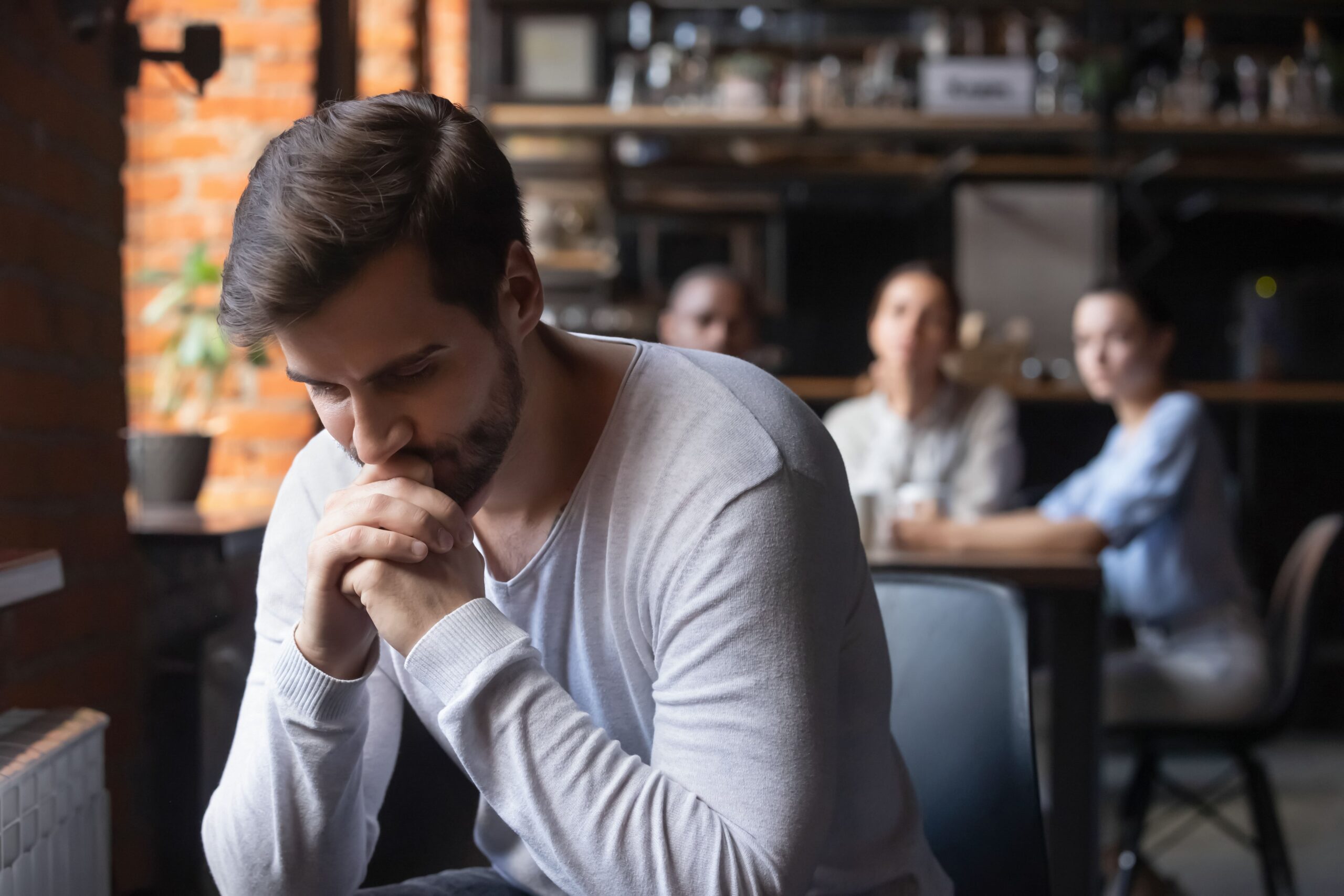Dating can be an exciting yet anxiety-provoking experience. Whether meeting someone new, navigating early relationship stages, or dealing with uncertainty, dating often triggers anxious thoughts and self-doubt. For individuals who struggle with anxiety disorders or social anxiety, these challenges can feel overwhelming, leading to avoidance, overthinking, or difficulty forming meaningful connections. However, by understanding anxiety’s impact on dating and developing effective coping strategies, individuals can build confidence and enjoy the process of forming relationships.According to the National Institute of Mental Health (NIMH), anxiety disorders affect over 30% of adults in the U.S. at some point in their lives, making it one of the most common mental health conditions (NIMH – Anxiety Disorders). Learning how to manage dating-related anxiety can lead to healthier and more fulfilling romantic experiences.
How Anxiety Affects Dating
- Overthinking and Catastrophic Thinking – Many individuals with anxiety struggle with excessive worry about what might go wrong on a date, whether they are making a good impression, or if the other person likes them.
- Fear of Rejection – Anxiety can heighten sensitivity to rejection, leading to avoidance of dating altogether or self-sabotage in relationships.
- Difficulty Being Present – Racing thoughts and self-doubt can make it hard to stay engaged and enjoy the moment during dates.
- Physical Symptoms of Anxiety – Increased heart rate, sweating, nervousness, or stomach discomfort can make dating feel physically uncomfortable. • Seeking Excessive Reassurance – Constantly needing validation from a partner or date can put strain on early connections.
Preparing for a Date with Anxiety in Mind
- Set Realistic Expectations – Rather than expecting perfection, remind yourself that dating is about getting to know someone, not proving your worth.
- Plan Low-Stress Activities – Choose casual, low-pressure date ideas such as coffee, a walk in the park, or an activity you enjoy to ease tension.
- Practice Relaxation Techniques – Before the date, engage in deep breathing, mindfulness, or visualization to calm nerves.
- Dress Comfortably and Confidently – Wear something that makes you feel good about yourself without adding stress.
- Have Conversation Starters in Mind – Thinking of a few light topics in advance can help prevent awkward silences and reduce anxiety.
Coping Strategies for Dating Anxiety
- Use Grounding Techniques – If anxiety spikes during a date, focusing on physical sensations (e.g., touching a cold drink, focusing on breath) can help regulate emotions.
- Challenge Negative Thoughts – Replace anxious thoughts like “I’m not interesting enough” with more balanced perspectives such as “I bring unique qualities to this conversation.”
- Avoid Overanalyzing Every Interaction – Instead of dissecting texts or past conversations, focus on the present moment.
- Take Things at Your Own Pace – If dating feels overwhelming, slow down the process and engage only in situations that feel manageable.
- Stay in Touch with Your Support System – Talking to a trusted friend or therapist about dating anxieties can provide reassurance.
Managing Anxiety in the Early Stages of a Relationship
- Practice Open Communication – While it’s not necessary to disclose anxiety immediately, being honest about your feelings as trust builds can foster understanding.
- Recognize Your Attachment Style – Anxiety can influence attachment patterns. Understanding whether you lean toward anxious, secure, or avoidant attachment can help navigate emotional reactions in relationships.
- Set Healthy Boundaries – Establishing emotional and physical boundaries early in a relationship prevents overwhelm and ensures comfort.
- Give Yourself Permission to Enjoy the Process – Instead of viewing dating as a test, shift the perspective to an opportunity for connection and fun.
Overcoming the Fear of Rejection
- Reframe Rejection as Redirection – Instead of seeing rejection as personal failure, view it as guiding you toward a better match.
- Detach Self-Worth from External Validation – Your value is not determined by whether someone is interested in you. Confidence comes from within.
- Remind Yourself That Rejection is a Normal Part of Dating – Everyone experiences rejection at some point. It is not a reflection of your worth.
- Practice Self-Compassion – Speak to yourself with the same kindness you would offer a friend experiencing dating challenges.
When to Seek Professional Help for Dating Anxiety
If dating-related anxiety is significantly interfering with your ability to engage in relationships, therapy can be a valuable tool. Cognitive Behavioral Therapy (CBT) and Exposure Therapy are effective treatments for reducing social and dating-related anxiety. The Substance Abuse and Mental Health Services Administration (SAMHSA) offers resources for finding mental health professionals (SAMHSA – Find Help).
Conclusion
Dating with anxiety can be challenging, but with the right strategies, it is possible to navigate the experience with confidence and self-assurance. By managing expectations, practicing self-care, and reframing negative thoughts, individuals can create more positive dating experiences.
Rather than allowing anxiety to dictate romantic life, embracing self-growth, patience, and resilience can lead to healthier and more fulfilling relationships. The journey to love is different for everyone, and with time and practice, dating can become a more enjoyable and rewarding experience.


